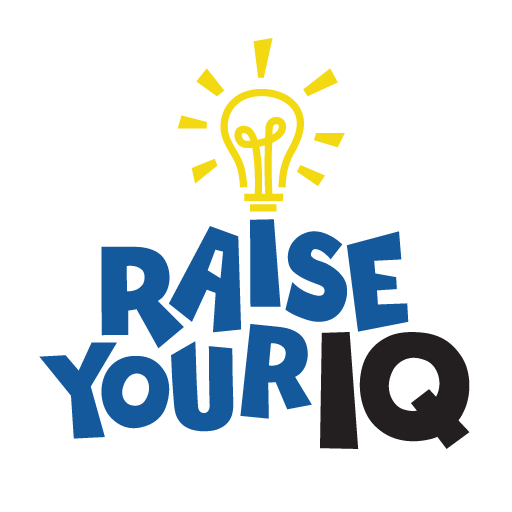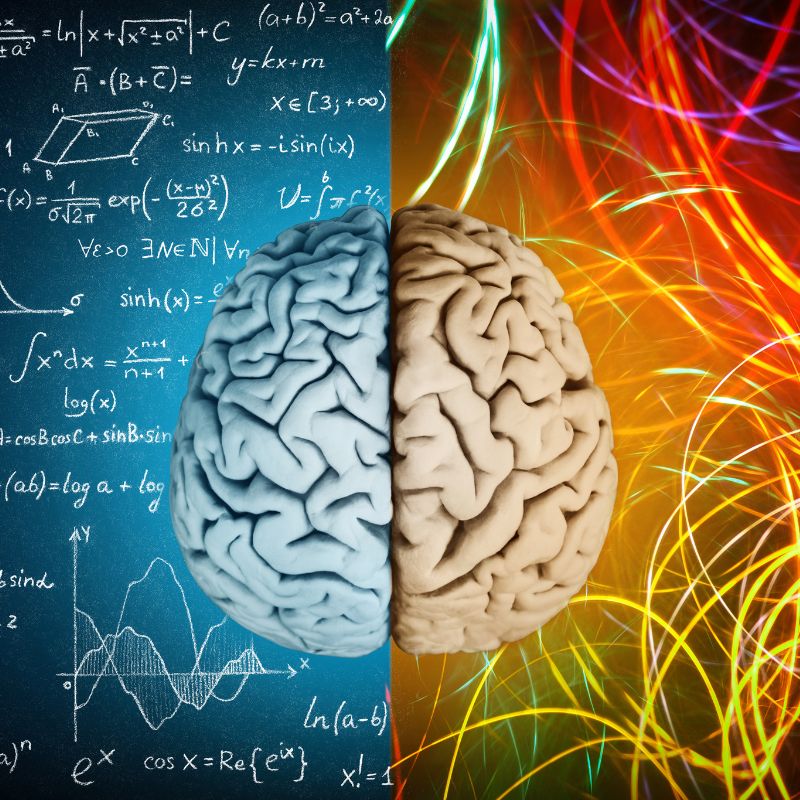Research conducted by Professor Adrian M. Owen of Western University, Canada, and published in the neuroscience journal Neuron, has corroborated many studies that point to the fact that intelligence is made up of several components such as short-term memory, reasoning and language ability.
Because we all differ in our skill levels in these areas, our overall intelligence level, or IQ, does not allow us to fairly compare people directly. The IQ of one individual may be high because they are normal in terms of memory and reasoning, but particularly good with verbal skills.
On the other hand, another individual may have the same high IQ score but may be below normal in terms of verbal skills, and very competent in terms of memory and reasoning. While these two imaginary individuals have the same overall IQ score, this score is somewhat misleading insofar as it makes them look intellectually equal in all areas of mental skill, when in fact they have quite different talents.
This finding parallels the argument made by behavioral psychologists for decades, that intelligence is simply a summary score for a range of different skills, rather than a measure of some internal and fixed trait that we are born with. It was this reasoning that led behavioural psychologists to discover Relational Skills (studied using a modern approach to cognition known as Relational Frame Theory) and their importance as skills underlying intelligent behaviour.
There are many types of relational skills that we can have (using concepts such as Same, Opposite, Before, After, and so on in our daily lives) and each of these can be taught easily thereby increasing our overall intelligence.
According to Relational Frame Theory researchers, IQ tests simply measure our skill levels across a broad range of relational skills.




